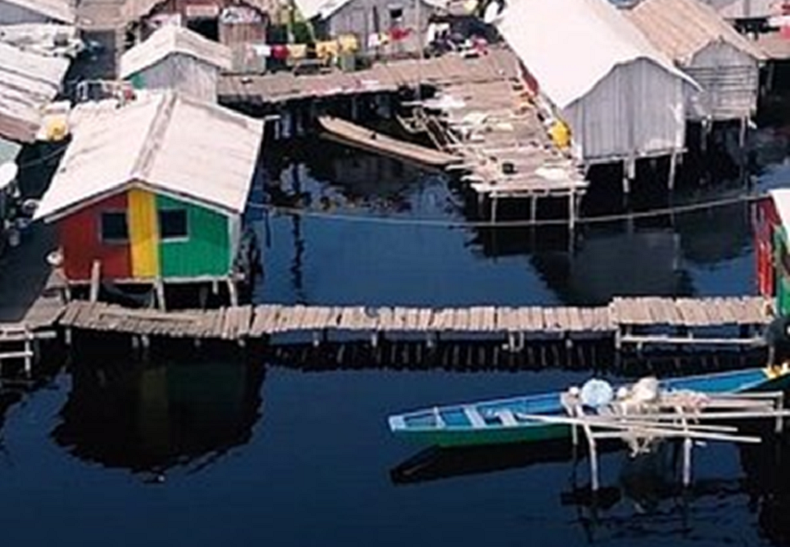
BACK GROUND |
Globally, climate extremes such as droughts, flooding, sea level rise, and wildfires are having adverse impacts on the environment, economy, and society. It is therefore critical to build greater resilience to the changing climate. Surveying plays a vital role in climate change management by facilitating the detection, measurement, and monitoring of changes in the marine environment, atmosphere, land, and water. Geospatial data is critical because it enables societies, industries, and governments to understand biodiversity loss or preservation as carbon sinks, map land degradation or restoration, understand access to water resources for people and agriculture, manage and reduce illegal mining and logging, and many other applications. Further, it is innovating land tenure security by facilitating rapid land parcel identification for titling. By making use of geospatial technologies, this Climate Masterclass will provide surveyors with the necessary competencies to enhance their understanding of climate resilience. Attention will be shifted from data collection to analysing geospatial data to unravel the multifaceted impacts of climate change. The capacity of surveyors will be built to extract meaningful insights from trends, patterns, and anomalies in the data, allowing for a deeper understanding of both natural and human-induced climate impacts on countries, regions, landscapes, ecosystems, and communities. At the Climate Masterclass, surveyors will learn how Earth Observation is vital for the future of the surveying profession and how to use it. Importantly, they will learn in a hands-on workshop with experts from Digital Earth Africa how to deploy Jupyter notebooks and use data cubes to find relevant imagery for your geographic area. The Digital Earth Africa platform will provide surveyors access to historic and current satellite data essential to detecting changes, making assessments, and making predictions of future conditions to inform planning and decision-making for adaptation to the changing climate. This Master Class will focus on three application areas: rapid identification of land parcels for titling, mapping plastic hot spots in coastal areas, and monitoring illegal mining activities. After the successful completion of this Masterclass, participants will have the opportunity to engage experts from Digital Earth Africa in in-depth training in selected areas of interest. |
|||
CONTENT |
Surveying is vital to climate change
management. Geospatial data is critical for the management of illegal
mining and can play a major role in rapid land parcel identification for
titling. Security of tenure, also supported by land titling is in the
critical path of maintaining biodiversity, storing carbon and avoiding
and reducing land degradation and increasing and maintaining land
restoration. |
|||
OBJECTIVE |
To develop the capacity of surveyors to
address climate related issues in a range of sectors by using remote
sensing and other aerial techniques. |
|||
METHODOLOGY |
It is intended to be an interactive session where participants learn and work on their computers. Participants will learn about:
|
|||
TARGET AUDIENCE |
FIG Working Week participants and
especially young surveyors in the region, from other parts of Africa and
the developing world. |
|||
REGISTRATION |
Extend the FIG Working Week experience and join the Masterclass. Please register via the link -
|
|||
REQUIREMENTS |
Internet connectivity will be provided by the organisers of the Master Class. No background knowledge of climate science or Earth Observation data, tools, or techniques is required. However, the participant would be expected to bring their laptops to the hands-on training session. |
